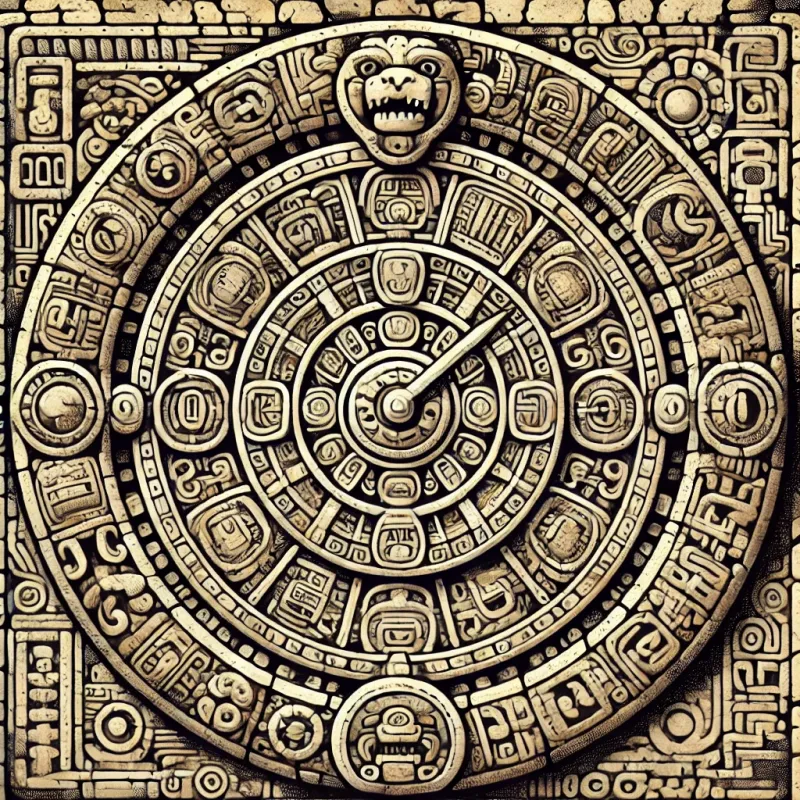The Role of Chronology in Developing Historical Understanding
There’s no getting away from the fact that dates are an intrinsic part of history, but without the context that chronology provides, they’re just numbers. Understanding the sequence of events is what reveals cause and effect, patterns, and the true significance of historical moments.
For pupils to develop a meaningful understanding of history, they must first establish a mental or visual framework of when period or events occurred and how they relate to one another. Without this, historical narratives can feel disjointed, making it difficult for pupils to recognise overarching patterns and themes.
The emergence of chronology as a substantive concept
In the early versions of the National Curriculum, chronology was often overlooked. Surprisingly, pupils could achieve high attainment levels in history at secondary level without understanding basic chronological markers such as centuries. This gap reflected a broader assumption that primary schools had already covered these fundamentals.
Yet pupils entered secondary school with widely varying levels of chronological awareness. Some had explored timelines and sequencing in depth, but others had little understanding of how time has shaped world history. Since it was not explicitly required in the early National Curriculum, chronology was often sidelined.
Recognising the importance of chronology, the 2014 National Curriculum emphasised the need for pupils to develop a clear and connected historical narrative and identified chronology as a key substantive concept. The updated curriculum explicitly states that pupils should ‘know and understand the history of these islands as a coherent, chronological narrative’.
Securing chronology
A well-developed sense of chronology helps pupils to connect different historical themes and periods, thereby fostering a deeper engagement with history. Without it, they risk seeing history as fragmented rather than as a continuous narrative.
At Immersive History, our interactive timeline will support your teaching and help your pupils by:
Developing a sense of time: Time is, for children, an abstract concept, but understanding chronology helps them to grasp the sequence of historical events, making it easier to comprehend how societies evolved, and past actions influence the present and future.
Building causal understanding: Chronology enables children to recognise cause-and-effect relationships in history, helping them to understand how one event leads to another. This improves their critical thinking skills and allows them to make connections between different periods and civilisations.
Enhancing storytelling and memory: An understand of chronology helps pupils to effectively remember key events and understand their significance. A structured timeline, such as the Immersive History Interactive Primary Timeline, makes it easier to place events and significant people in context, rather than viewing history as an assortment of isolated facts.
Providing context for historical events: When children study events in the order they happened, they develop a clearer understanding of the context, motivations, and consequences of historical actions, helping them to analyse history more accurately and avoid misconceptions.
Supporting cross-curricular learning: Chronological thinking benefits subjects beyond history, such as English and science, in which understanding and analysing evidence in context enhances comprehension. It also strengthens higher order thinking skills such as sequencing, reasoning, and organising information.
Take your pupils’ understanding of chronology to the next level
The Immersive History Interactive Primary Timeline is the only example of its type in the UK – and possibly the world! With 19 periods of history preloaded with key events and significant people – and the ability to add your own information using the easy-to-use timeline editor, it’s the must-have resource your school needs today to strengthen your pupils’ understanding of chronology.
To find out more, please view our demo and contact us for more information.

 School Login
School Login